Ketamine Infusion Therapy
Ketamine infusion therapy has become one of the most popular and promising adjunct therapies today. It has been discovered in studies that it is effective in addressing issues related to treatment-resistant depression, substance abuse, chronic pain, and post-traumatic stress disorder – among others. The Injection and Infusion Clinic of ABQ is one of the most outstanding clinics offering expert management in terms of ketamine infusion therapy. Its highly experienced team of healthcare providers are more than willing to assist every patient who wishes to achieve a better quality of life and mental health through ketamine infusions. After all, if we get to have more than a glimmer of hope in the battle against depression, why should we forego the chance? Depression is not an easy foe, but it is not unbeatable either.The good news is, Ketamine has already helped a lot of individuals with depression, and it continues to do so despite not being FDA-approved yet for this purpose. Ketamine is used primarily as an anesthetic drug, however its action as an NMDA antagonist makes it a potential medication against depression – more so in individuals with treatment-resistant depression.
Depression, if measured in terms of total years wasted due to incapacity, is accordingly the leading cause of disability globally.1 It has a broad spectrum of symptoms, and the diagnosis is as challenging as finding a cure. The complexity of the disease coupled with difficulty in diagnosis, and failures of many clinical trials – serve as a huge obstacle to many clinicians. Depression does not look the same in everyone – it affects individuals in a multitude of ways, resulting in different manifestations of the illness.However, the ultimate challenge in treating depression, and most psychiatric problems, is that there is never one such thing as a “boxed management” for everyone. Every person has a unique story and a unique experience that had ultimately predisposed him or her towards developing such a condition. Even though we already have a lot of treatment options available for these psychiatric disorders, there will never be a “one-size-fits-all” treatment in the world of psychiatry (or even in medicine, for that matter). Doctors can go only as far as creating tenets of management protocols mostly involving selective serotonin reuptake inhibitors (SSRIs) coupled with psychotherapy. Some cases require employing brain stimulation therapies as well. But since every person is different, there will always be a possibility of a treatment failure. In fact, most medical practitioners are faced with the challenge of how to avoid treatment failures in any kind of therapy. Depression is already a crippling, debilitating condition – treatment resistant depression (TRD), on another note, can be twice as paralyzing and agonizing, and frustrating. And surprisingly, 10-20% of individuals diagnosed with depression, meet the criteria for TRD.People who are living with treatment resistant depression have often lost quite a great deal of hope that they can recover from the illness. And yet, ketamine infusions have proven to be very promising in addressing TRD. It is fast-acting, has proven to be effective in most patients, and even researchers are continually studying it due to the promise that it offers.
However, despite overwhelmingly testimonials from patients, there are indeed reports of ketamine infusions not living up to expectation, especially among the elderly. Yes, these things can happen. Treatment failure happens. In both TRD patients and non-TRD patients. One research study discovered that failure to respond to ketamine infusion therapy was common in people who had late-onset depression. It was hypothesized that aging significantly changes the sensitivity to ketamine hence the occurrence of more intense side-effects in the elderly patients than those in younger patients.
It was further postulated that N-methyl-D-aspartate (NMDA) receptors appear to be significantly affected compared to glutamate receptors as individuals age, resulting in an overall decline in its number and functionality.
And since ketamine works as an NMDA antagonist, it explains the lack of efficacy towards the geriatric population due to either of two things: (1) lack of NMDA receptors (probably due to degenerative changes), or (2) structural changes in the existing NMDA receptors rendering it nonfunctional.
Another study further disclosed that in the geriatric population, there was a documented inability to maintain an antidepressant response after a range of eight to 22 maintenance infusions. Although the study emphasized that there were only mild, transient, adverse effects noted, the population in the study specifically failed to show a sustained response towards the ketamine maintenance infusions. These treatment failures are not enough to dismiss the highly documented myriad of positive responses of patients towards ketamine infusions. There are more studies documenting the efficacy of ketamine infusions in addressing treatment-resistant depression than studies documenting failure of response to therapy.
Ketamine infusions are a promising solution for treatment-resistant depression and its rapid onset of action continues to spark interest among medical practitioners to know more about all of its mechanisms of action. To date, there are only two known pathways accounting for the effects of ketamine resulting in rapid onset of action against depression and suicidal ideation.
Researchers believe there must be more pathways responsible for its effect. Continuing studies, ongoing positive feedback from these studies, and multiple success stories have cemented ketamine’s place in the medical world as part of a therapeutic plan for people with treatment-resistant depression.
To avoid unnecessary anxiety and worry whether to process with ketamine infusions or not (even when you are already advised by your physician to consider the therapy), here are a few things to consider:
Ketamine is not a simple fix for all your depressive symptoms, despite how promising most patient testimonials are.
Always remember that results for every patient vary: every patient is, after all, unique, and hence responses are also unique. The therapy must be viewed as something collective – the sum of all the parts – in order to fully realize what it has to offer. Although a lot of patients report the absence of depressive symptoms right after the first ketamine infusion session, this might not be the same case with yours. Follow your own personal therapeutic management plan given by your health provider, and be honest and cooperative enough to comply with all the monitoring and follow-up sessions that they encourage.
Ketamine Infusion therapy is not the primary choice of therapy for patients with depression.
First and foremost – ketamine is an adjunct to treatment, an aid, a support mechanism on top of currently prescribed therapy. It is not a standalone cure to your depression. Second, ketamine infusions are given as an alternative to patients who have refractory depression – patients who have not responded to initial modes of therapy such as antidepressants, psychosocial counseling sessions, and even electroconvulsive therapy. It is vitally important to recognize that these other modes of management exist, and they are prioritized before a patient is advised to receive ketamine infusion therapy. There are studies showing that ketamine infusions have a very robust effect, and full remission was noted specifically in TRD patients in just one to two hours.4 Therefore, patients with TRD should be the main target of therapy for ketamine infusions, as compared to non-TRD patients.
Ketamine infusions can have a significant impact on your budget, so be prepared.
There is a big possibility that your health insurance does not cover ketamine IV infusions. If covered, coverage and reimbursement may vary from company to company. Also, most patients require four to six infusions over a period of two to three weeks as part of the initial therapy, depending on the severity of your condition. The number of maintenance therapy sessions and the dosing will depend on your response, so make sure you comply with all the monitoring questionnaires and follow-ups recommended by the clinicians at The Injection and Infusion Clinic of ABQ.
Make sure you choose a Ketamine clinic that gives you assurance and peace of mind.
Clinics are not all equal. Many clinics are new and not yet well-established. Many clinics are only open part-time. Go for a clinic that is open most days, has already established its name and protocols in terms of ketamine IV infusions and look up reviews online. The Injection and Infusion Clinic of ABQ is proud to offer infusion therapy four days per week. It also has full-time staff working Mon-Fri.
Ongoing ketamine infusion therapy research.
This explains the numerous ongoing research studies and case studies for ketamine infusions, especially regarding the long-term effects of ketamine infusions among different populations. The lack of sufficient data on the specific subject might be the only thing hindering the full approval of ketamine for the treatment of depression.
Patient cooperation makes a big difference.
Always be honest with yourself, even though it can be challenging at times for a patient with depression. At the first sign of treatment failure, inform the staff at the clinic. In the same manner, if you have experienced improvement in your symptoms, notify us as well. Also be sure to keep your mental health provider updated. We recommend against discontinuing other antidepressants, but lower doses are often effective. Our thousands of infusions and over three years of experience has taught us that discontinuing other medications too soon, often leads to a relapse. This type of experience is one of the many reasons you want an experienced clinic. Be open about any symptom that might be bothering you. Comply with the questionnaires and follow-ups. The acknowledgement of your role in the solution of your problem is one of the many ways to keep your head above the water. Not only does it help your clinic assess whether they are on the right track or not, it also makes you feel good about yourself. You can write down in a journal your thoughts while having your sessions; reviewing it from time to time can give you a glimpse of how you are doing as a patient. We also recommend this because journaling at your best, helps you journey back on your dark days.
The Injection & Infusion Clinic of ABQ
It is incredibly important that ketamine infusions be viewed by its mechanism of action as a neuroregenerative agent, or as something that is continuously improving connections within the brain. Viewing it as such will spare patients from the expectation of getting a “quick fix” just by having a single infusion. Understanding it from that perspective enables the patient to acknowledge that recovery is a collaborative effort. Ketamine infusions serve as an adjunct therapy. And that healing takes time, and timelines vary from patient to patient. Treatment failure can happen. But maybe, it is just part of the battle that needs to be won. A battle that many have overcome and while fighting this battle against depression, make sure you or your loved one is given the best care. Book an appointment with Us.





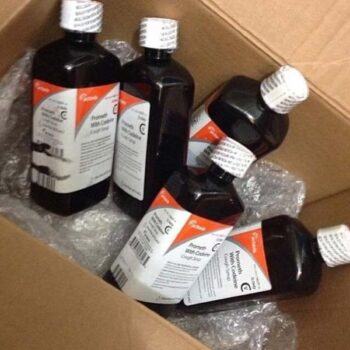
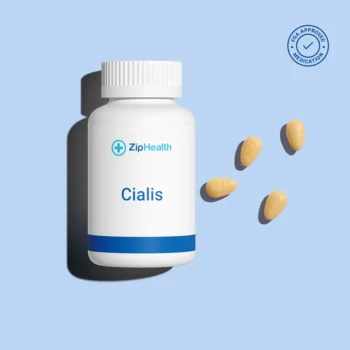
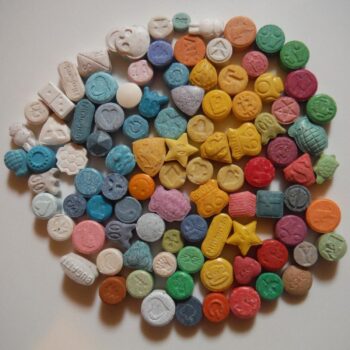
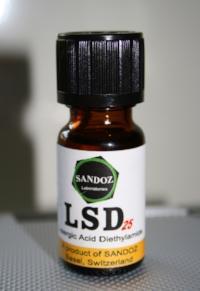
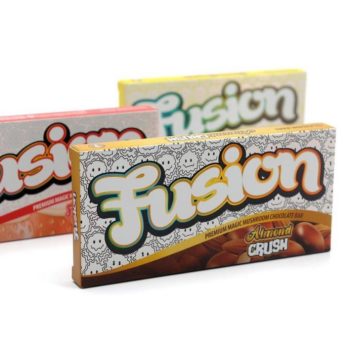
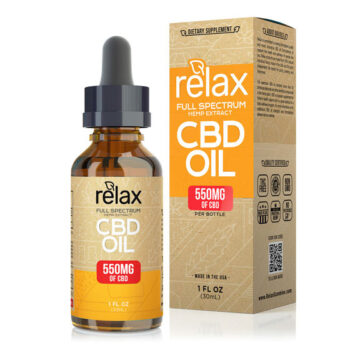
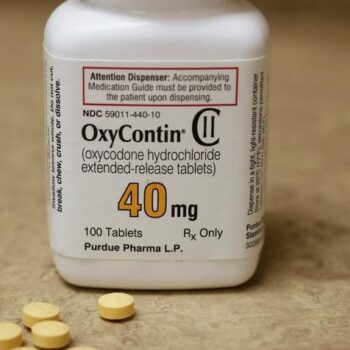
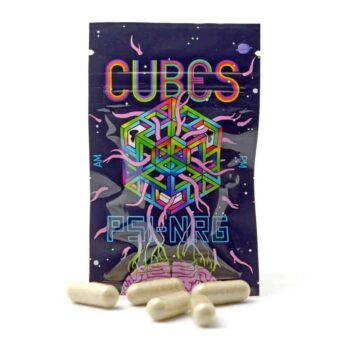
Phoenix (verified owner) –
I will forever be buying from them, can’t imagine how fast it would have been delivered.
Dominic (verified owner) –
Trust me y’all are good.
Alan (verified owner) –
Good quality.
Kaden Arabic (verified owner) –
I will forever be buying from them, can’t imagine how fast it would have been delivered.
Julian (verified owner) –
The product is firmly packed.
Matthew (verified owner) –
the best actually.
William (verified owner) –
Very fast delivery.
Nathaniel (verified owner) –
I am sure I will be back 100%.